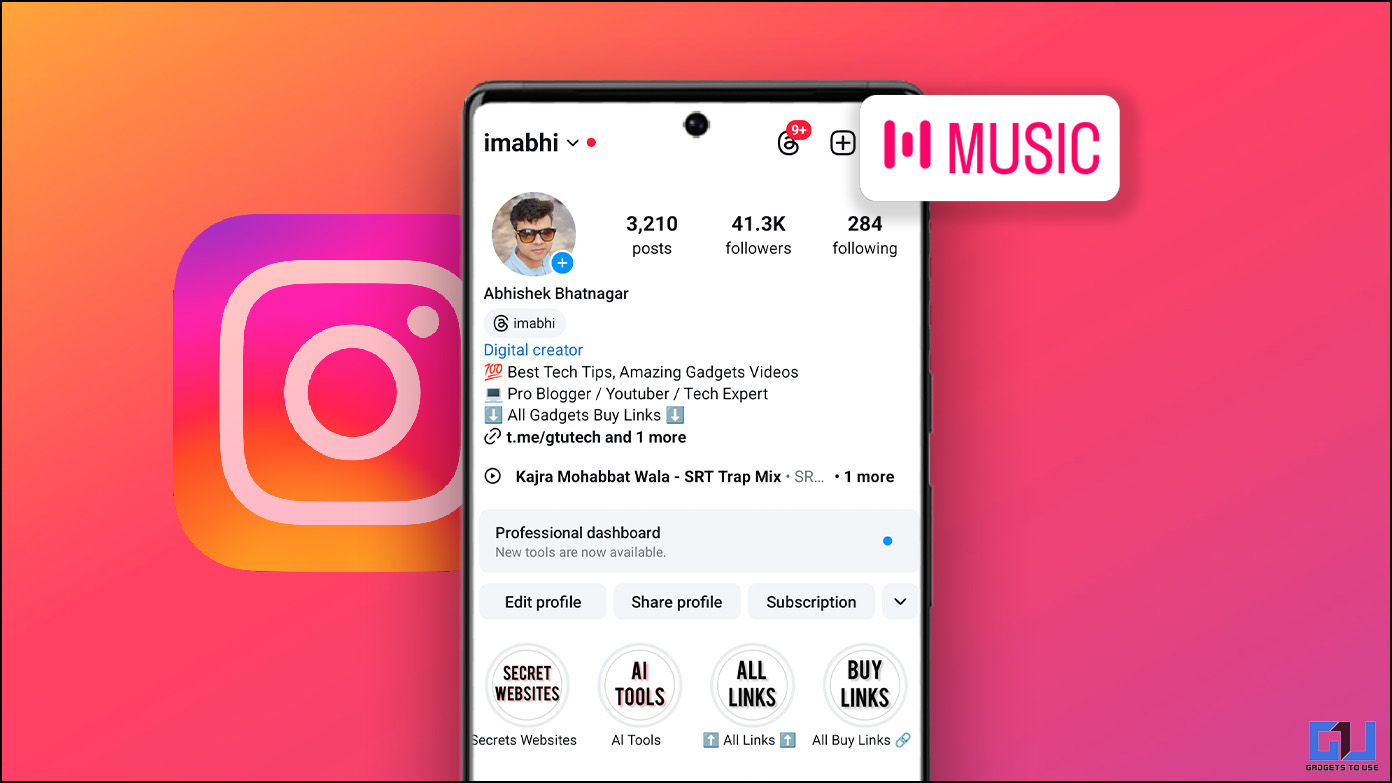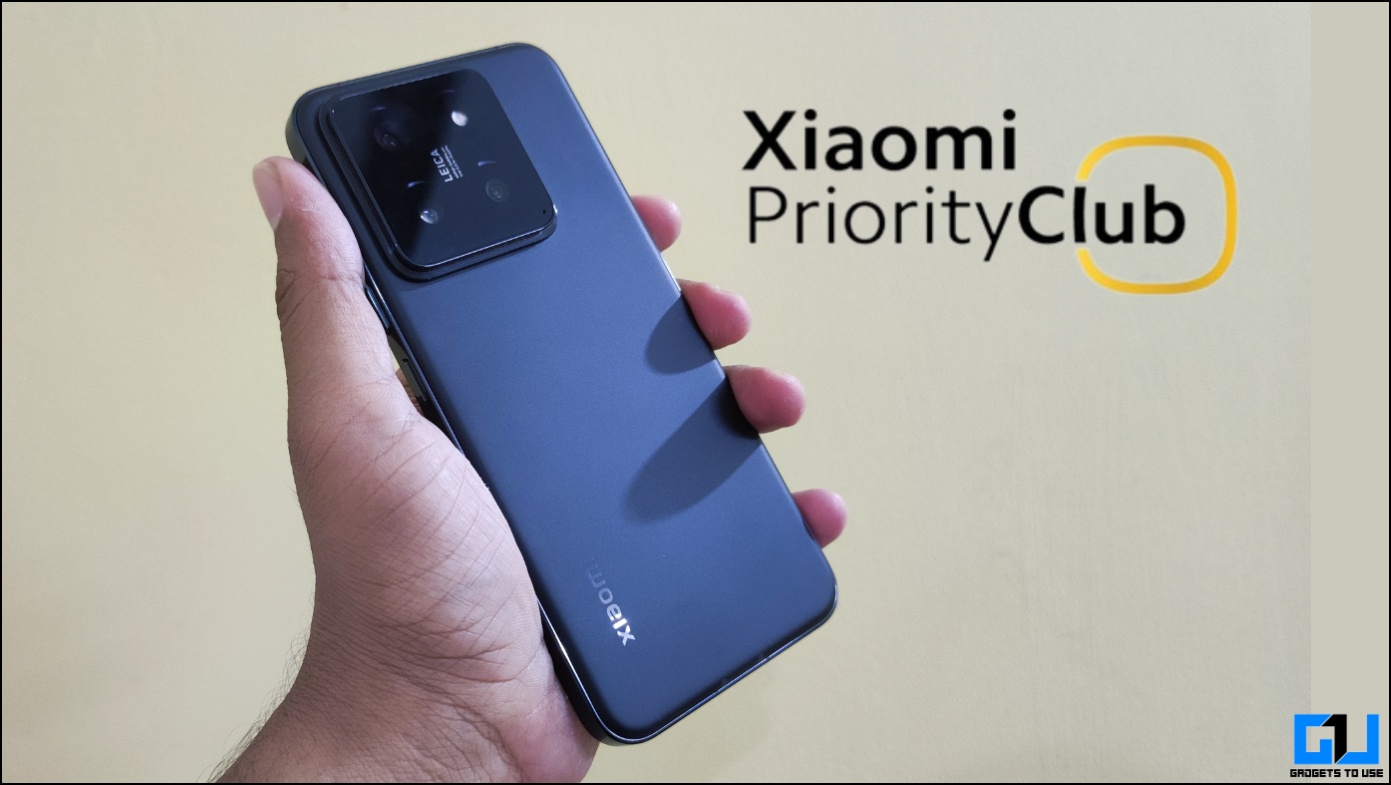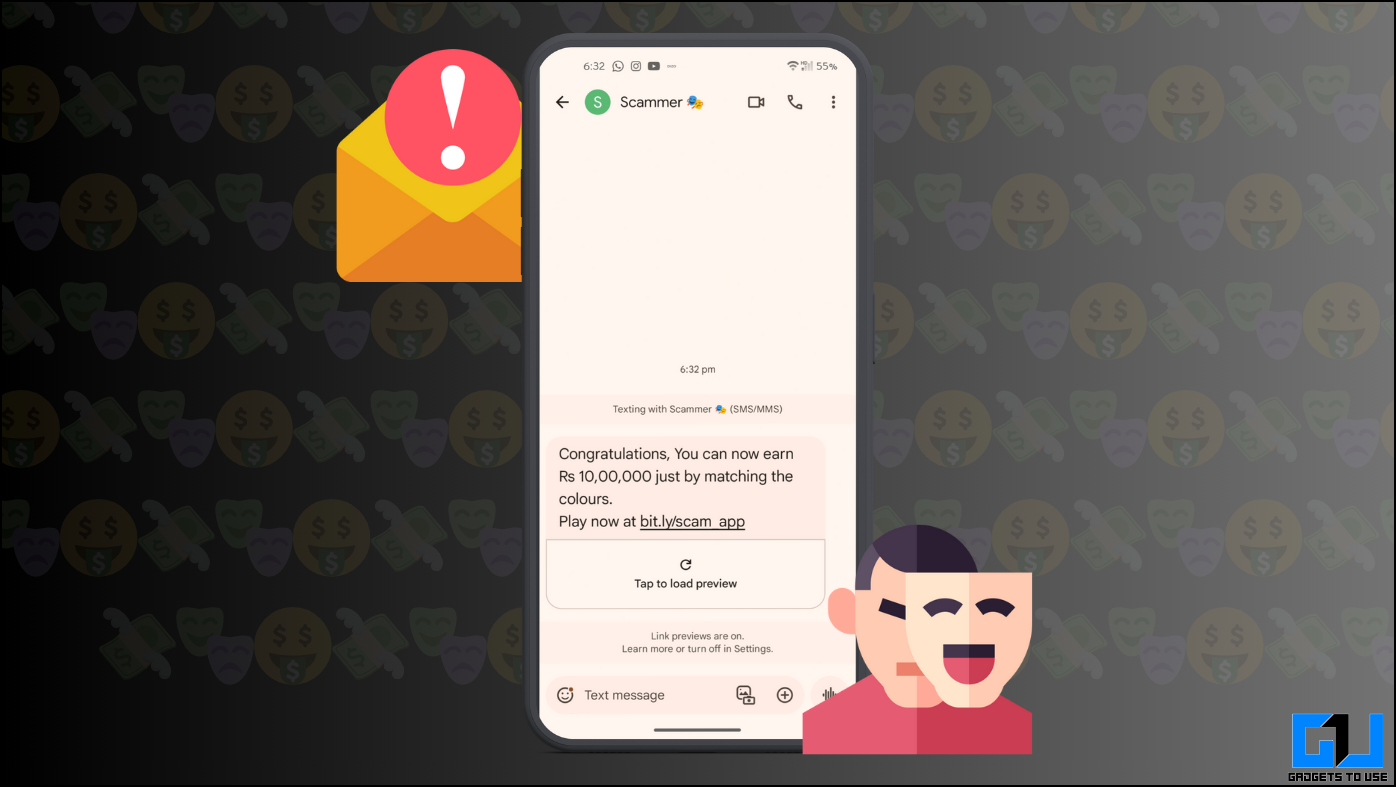The most popular social network Facebook has connected over 1.2 billion users across the world and it is focusing largely to increase this figure to 5 billion. Understanding that most of the users belong to emerging countries with varying network connections and low-end to mid-range mobile devices, Facebook has improved its Android app.
In an attempt to make its Android app more accessible to all the consumers, Facebook has sent a team of its engineers to Africa to analyze the app’s performance. The Engineering Manager of Facebook, Alex Sourov mentioned in a blog post, “We purchased several different Android handsets to test the latest version of the Facebook app — and the testing process proved to be difficult. The combination of an intermittent, low-bandwidth network connection and a lack of memory space on the devices resulted in slow load times and constant crashes. We even burned through our monthly data plans in 40 minutes.”
During this visit, Facebook not only managed enhance the Android app’s performance, but also improve the data efficiency, application size and networking capabilities. Consequently, the Facebook app has minimized its start time by up to 50%, data usage by 50%, app size by 65% and reports of slow or failed image loading by an amazing 90%, claims the post.
The executive added that the slow start times on older generation smartphones affect the performance of the app and this is a common issue with the single-core devices. The firm also aims to load the News Feed stories quickly and has made changes that will allow the app to fetch these stories earlier in order to allow more time to set up the connections.
Facebook has also witnessed obstacles in enhancing the data efficiency as the data in emerging countries is expensive and tedious to purchase as well. The team has employed a three step solution including an alternative compressive format for image transmission that will load the images at a resolution that the devices can handle. The company also had to invest in enhancing the efficiency and reliability of the networking stack.
Sourov wrote, “The most popular mobile devices in Africa have little disk space available, which is a significant barrier to installing app upgrades. This means that people in developing countries often use older versions of the app that don’t have up-to-date features.”By employing the Google Play’s ability to upload multiple APKs for different Android platforms and screen resolutions, Facebook has managed to reduce the size of the Android app significantly. He has also claimed that Facebook plans to extend these practices to the new features it will launch and by rolling out updates to existing ones.



